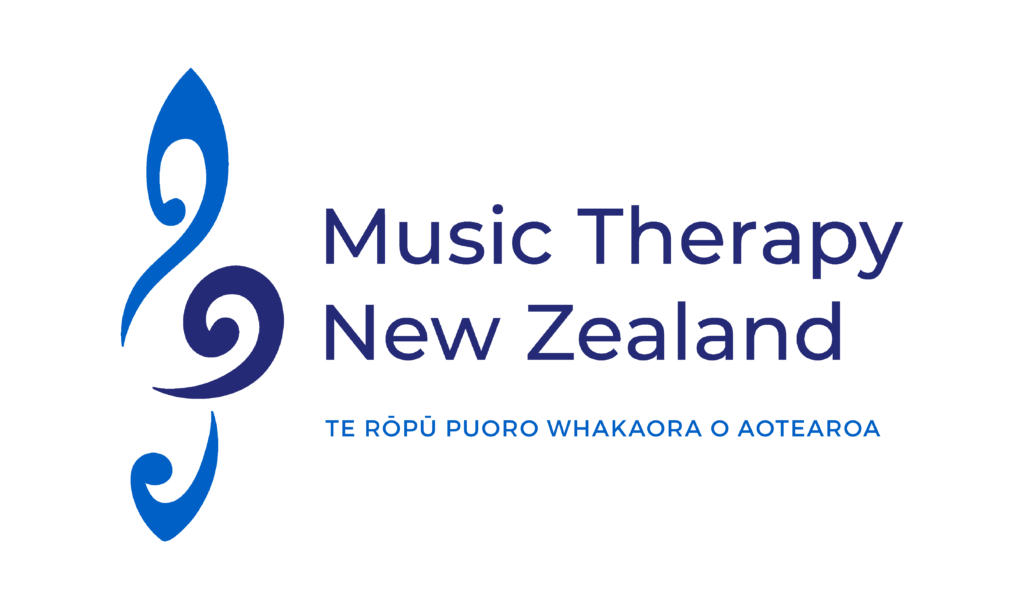Health & Education Advocacy
If you would like to be involved in any specific projects, advocacy efforts or Special Interest Groups in the areas of health or education, please send an Expression of Interest outlining your project to info@musictherapy.org.nz
The review document, Putting Patients First: Modernising health workforce regulation, was released on 28 March 2025, with submissions required by April 30th. The document asked for feedback on how regulators of health professions might consider:
Patient-centred regulation: Faster wait times, better outcomes, and a system that truly puts patients first.
Streamlined regulation: Using resources and administering the rules in the most cost-effective way possible, ensuring value for money for taxpayers and better outcomes for patients.
Right-sized regulation: The level of regulation should depend on the level of risk to public safety involved.
Future-proofed regulation: Modernised and adaptive regulation that ensures patients receive the care they need while supporting the workforce to respond to the needs of all New Zealanders.
The submission questions were quite different from what we had anticipated and reflected the very recent change of Health Minister. The group reviewed, reorganised or rewrote our responses to the submission questions and invited input from Rani Allen, our AHANZ representative. MThNZ members were then invited for their feedback, which was considered, submission answers adapted and the submission uploaded to the government’s online portal on April 28th. The submission is available to read on the MThNZ website and you can read it here.
I acknowledge the significant contributions of Alison, Jen, Daphne, Barb, Rani and all those who provided feedback. Now we can only hope that our voice is heard and trust that we have advocated as well as we possibly could have for music therapy within the health sector.
Rachel Austin, HPCA Act Review Group Chair
ACC Recognition for NZ RMThs
On 12 November 2024 Rani Allan, Carlos Riegelhaupt, Kathryn Stevenson and Linda Webb met to discuss progress on gaining ACC recognition for NZ RMThs. The group agreed to ask Council for formal approval to set up a Special Interest Group and that was confirmed at the Council meeting on 23 November. At the meeting the group looked at past documentation and meetings that had been held over 20 years to try and make progress. We also tried to understand the various categories that operate under the ACC legislation because it is not as straightforward as it may seem to provide services.
In a nutshell, recognition to become a “specified treatment provider” under the ACC Act is limited because the Act refers to professions that are designated under the Health Practitioners Competence Assurance Act (HPCA) and music therapy is not listed in that Act. Of course, there are always exceptions. Music therapy is a self regulated profession like many in the allied health area. AHANZ (Allied Health Aotearoa NZ) of which we are a member, has been holding hui to discuss self regulated professions and the benefits of continuing with this status, rather than full recognition under the Act which would be a long and expensive exercise. During one of the recent discussions the meeting was told that a review of the Act may include recognising self regulated professions under the Act and there could be layers or tiers of recognition. Much of this can be dependent on the risk associated with the professions.
Progress is being made and there is certainly recognition that self regulated professions have a place in our health system, but that is not to say progress will be swift. The group decided to make a direct approach to ACC to find out what can be done to gain recognition in some way (not defined as yet), what steps we need to take (apart from applying to HPCA Act) to be able to work with ACC case managers to deliver music therapy to many clients. We are developing a background paper that will go to ACC to inform them about music therapy and the work being done in Aotearoa New Zealand.
If you would like to join the group please advise the Administrator (admin@musictherapy.org.nz). Or contact me to have a discussion.
Rani Allan, ACC Recognition for NZ RMThs SiG (raniallan@gmail.com)
Child Development Services : A Literature Review
This review was undertaken by Daphne Rickson at MThNZ request, to support music therapists who work or wish to work in Child Development Services. Music therapists have been asked to provide evidence of the potential for music therapy to support children who have a developmental disability, ultimately to promote utilisation of music therapy within CDS.
Given the breadth of the topic, Daphne has engaged in a ‘scoping review’, undertaken to identify key characteristics of music therapy and child development and the types of evidence that are available in the field. “Scoping reviews do not aim to produce a critically appraised and synthesised result/answer to a particular question […] (but) provide an overview or map of the evidence” (Munn et al., 2018, p. 3).
To manage the large pool of data, only peer reviewed articles published in the five-year period between (2018-2022) have been included.
PLEASE NOTE THAT WHILE A RIGOROUS PROCESS WAS FOLLOWED, THE DRAFT PUBLISHED HERE HAS NOT BEEN PEER REVIEWED.
However, the review also republishes (with permission) reviews that are associated with an evaluation of services provided by Raukatauri Music Therapy Centre Trust (Field et al., 2020) and Music Therapy for Autistic Children (Rickson, 2022).
Please take care if referencing any part of this document to refer to
1) Rickson (2023) Music therapy supporting child development, unpublished;
2) Field, A., Butler, R., Were, L., & Lowery, O. (2020). “From closed to flowering”: An evaluation of services provided by Raukatauri Music Therapy Trust. Creative Commons;
or 3) Rickson, D. (2022). Music therapy with tamariki takiwātanga. Chapter 3 In Music therapy with autistic children in New Zealand: Haumanu ā-puoro mā ngā tamariki takiwātanga i Aotearoa (pp. 35-61). Palgrave Macmillan.
REFERR TO ORIGINAL SOURCES WHENEVER POSSIBLE
Webinars
Keeping Community in Mind in Collaboration with – Music Therapy Week 2020
Webinar: AHANZ, Heather Fletcher present everything you need to know but were afraid to ask. This event is suited to NZ RMTh, Registration Board & Council members.
Keeping Community in Mind in Collaboration with – Music Therapy Week 2020
Webinar: Self Care Workshop, with Yoga practitioner – Dani Fuenzalida, Provisional member of NZAC – Nadia Ettaher, Voice specialist – Silvi Jung. Come along to experience some helpful ways of looking after yourself.


